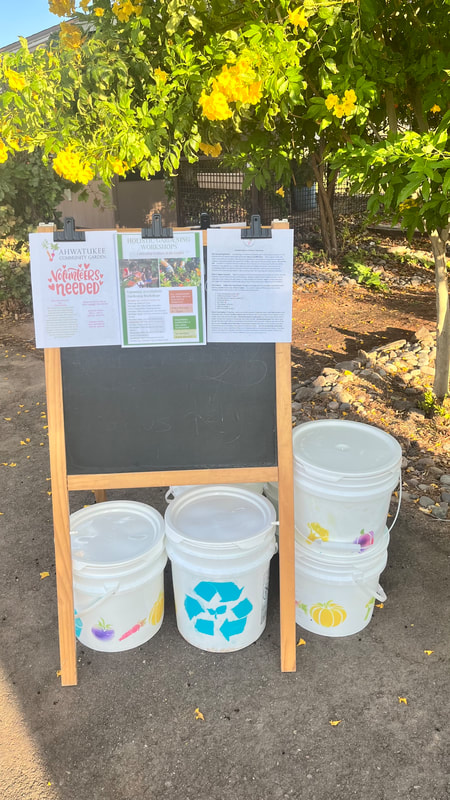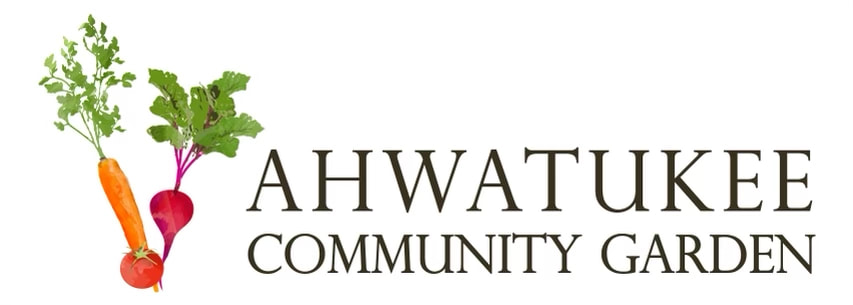
🌱 Transform Your Kitchen Scraps into "Black Gold" 🌱
🌱 Join Our Community Compost Program! 🌱
Are you ready to be an environmental hero and reduce food waste in landfills? Join our Community Compost Program, and together, we'll turn your veganic food scraps into nutrient-rich "black gold" while significantly reducing landfill waste.
What We Offer:
Collect Your Food Scraps
Gather these items in your provided composting bucket throughout the week:
Fruit and vegetable scraps
Coffee grounds and filters
Tea bags (staples and labels removed)
Bread and grains
Nut shell
Plant-based leftovers
Herb trimmings
Non-dairy food scraps
🌱 Join Our Community Compost Program! 🌱
Are you ready to be an environmental hero and reduce food waste in landfills? Join our Community Compost Program, and together, we'll turn your veganic food scraps into nutrient-rich "black gold" while significantly reducing landfill waste.
What We Offer:
- FREE Food-Grade Buckets: Get started easily! We provide food-grade buckets for collecting your veganic food scraps. Pick yours up at Ahwatukee Community Garden every Sunday morning from 8-10am.
Collect Your Food Scraps
Gather these items in your provided composting bucket throughout the week:
Fruit and vegetable scraps
Coffee grounds and filters
Tea bags (staples and labels removed)
Bread and grains
Nut shell
Plant-based leftovers
Herb trimmings
Non-dairy food scraps
- Return Your Bucket Every Sunday (Between 8-10am) , securely close the bucket's lid and drop it off at the designated location.
- Get a New Bucket When you return your bucket, receive a clean, empty one to continue the journey.
- Community Garden Composting Your collected food scraps will be transformed into rich compost at Ahwatukee Community Garden or used to feed our worms in the the worm bins.
- Composting Beyond Any food scraps we can't process at the garden are sent to The Orchard Learning Center for composting.
- Benefits Come Full Circle The processed compost enriches our community garden, fostering the growth of more food for everyone.
- Why Compost? Composting is the way forward! Reduce landfill waste. Improve soil for healthier plants. Conserve resources and reduce chemical fertilizer use.
- The Orchard Learning Center: Unprocessed scraps are sent to The Orchard Learning Center Compost, and we receive fresh compost in return.
- Let's Go Compost: Learn the art of composting and get more food-grade buckets this weekend.
- Community Harvest Community Gardens: Our partnership enhances our mission, bringing more resources and expertise for a sustainable community.

